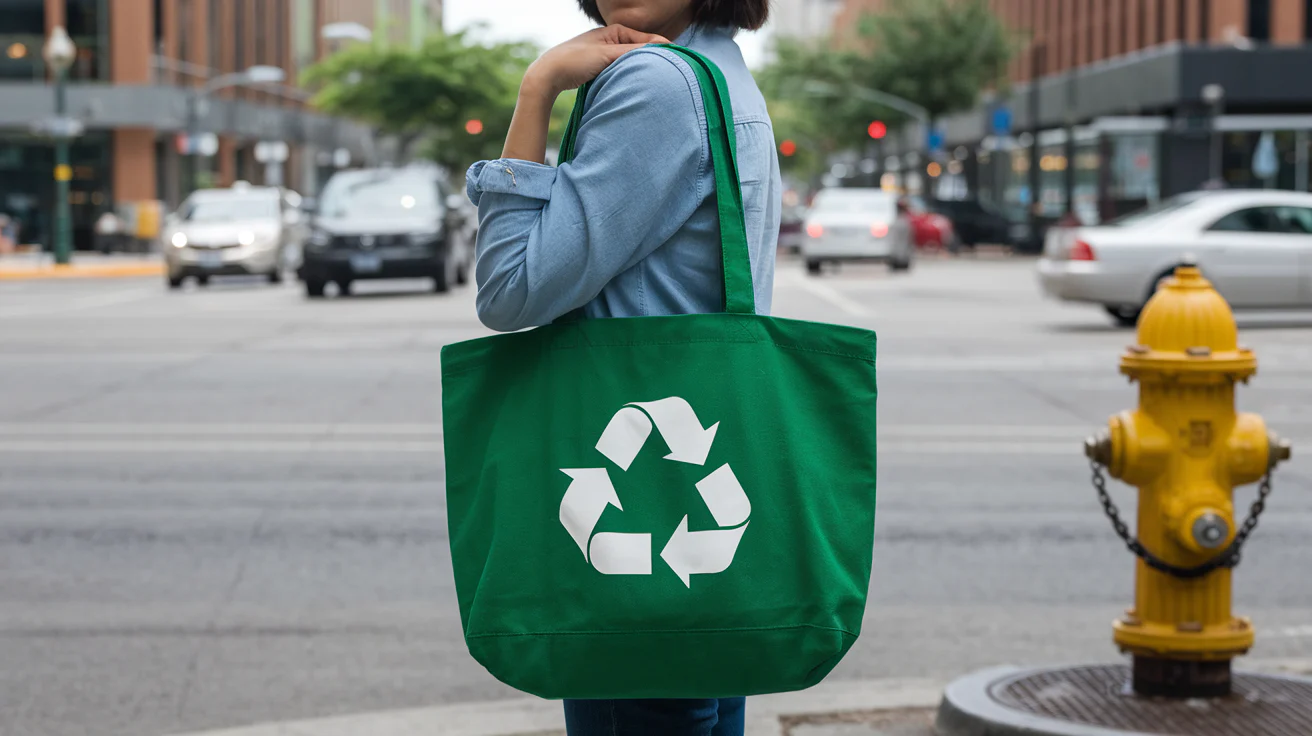Informational
Sustainable Options: Eco-Friendly Printed Bags for Conscious Consumers

As we become increasingly aware of the environmental impact of our actions, many consumers are seeking more sustainable alternatives for everyday items. One such item that’s gaining significant attention is printed bags. Whether for shopping, carrying books, or as a fashion accessory, these bags provide a more environmentally friendly option while still offering the practicality and aesthetic appeal that consumers desire.
The Environmental Impact of Traditional Bags
Traditional plastic bags have long been a staple in retail and daily use. However, their negative impact on the environment is substantial. The production of plastic bags involves the use of fossil fuels, and many end up in landfills or oceans, causing harm to wildlife and contributing to pollution. On the other hand, paper bags, although biodegradable, often require significant amounts of water and chemicals in their production process.
The Benefits of Eco-Friendly Printed Bags
Eco-friendly printed bags offer a compelling alternative, combining sustainability with utility and design. Here are some key benefits:
- Reduced Environmental Footprint: Made from materials such as cotton, jute, or recycled fabric, these bags reduce dependence on non-renewable resources and minimize waste.
- Reusability: Unlike single-use plastic or paper bags, eco-friendly printed bags are designed for longevity. Their durability ensures they can be used multiple times, making them a more sustainable choice.
- Aesthetic Appeal: Available in a variety of designs, colours, and sizes, these bags can be customised to reflect personal style or brand identity while promoting an eco-friendly message.
- Biodegradability: When they eventually wear out, many eco-friendly bags are biodegradable, ensuring they don’t contribute to long-term environmental degradation.
Choosing the Right Material
When selecting eco-friendly printed bags, the choice of material is crucial. Here are some sustainable options:
- Organic Cotton: Grown without synthetic pesticides or fertilizers, organic cotton offers a renewable and biodegradable alternative. It’s also soft and durable, making it an excellent choice for everyday use.
- Jute: Known as the ‘golden fibre’, jute is highly renewable and grows quickly without the need for chemical fertilizers. It’s robust and biodegradable, making it ideal for heavier loads.
- Recycled PET: Made from recycled plastic bottles, PET bags help reduce plastic waste. They are durable and can be recycled again, making them a circular solution.
Supporting Ethical Production Practices
Beyond material choice, it’s essential to consider the ethical implications of bag production. Consumers should look for products made under fair trade conditions, where workers are paid fair wages and work in safe environments. Certifications such as Fairtrade, GOTS (Global Organic Textile Standard), and OEKO-TEX® can provide assurance of ethical practices and environmental stewardship.
Making the Switch: Practical Tips
Transitioning to eco-friendly printed bags is a straightforward process. Here are a few tips to get you started:
- Start Small: Begin by replacing household items like shopping bags and lunch totes with eco-friendly alternatives.
- Encourage Family and Friends: Gift reusable printed bags to promote sustainable choices among your loved ones.
- Support Local and Sustainable Brands: Purchasing from brands committed to sustainability helps foster an eco-friendly market.
- Care and Maintenance: Extending the life of your bags through proper care, such as washing and storing them correctly, enhances their sustainability.
The Role of Consumers and Businesses
Both individual consumers and businesses play pivotal roles in promoting sustainable practices. Consumers, through their purchasing power, can drive demand for environmentally friendly products. Businesses, on the other hand, can commit to offering eco
Keep an eye for more latest news & updates on TRK!











